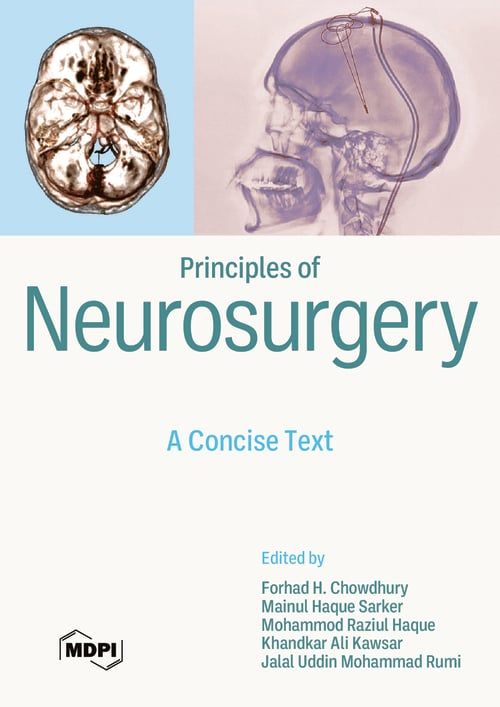Spinal Infections and Parasitic Infestation
Spinal infection is not uncommon. It can affect both the bone and soft tissue of the spine and it may be spontaneous or iatrogenic following surgery or spinal tap. It usually presents with pain and fever, with or without neurological deficit/spinal deformity, and its causes can be pyogenic, tubercular, viral, fungal, or, very rarely, parasitic. Spinal infection can be treated both conservatively and/or with surgery. Conservative management includes antibiotic and/or antitubercular therapy; surgical intervention ranges from ultrasound-guided aspiration of pus to deformity correction by instrumentation. Neurological outcomes are excellent if there is a neuro-deficit due to tubercular infection; the worst outcomes are following pyogenic infection. This chapter will briefly discuss pyogenic, tubercular, and fungal spinal infections and spinal parasitic infestations, including their neurosurgical management.
